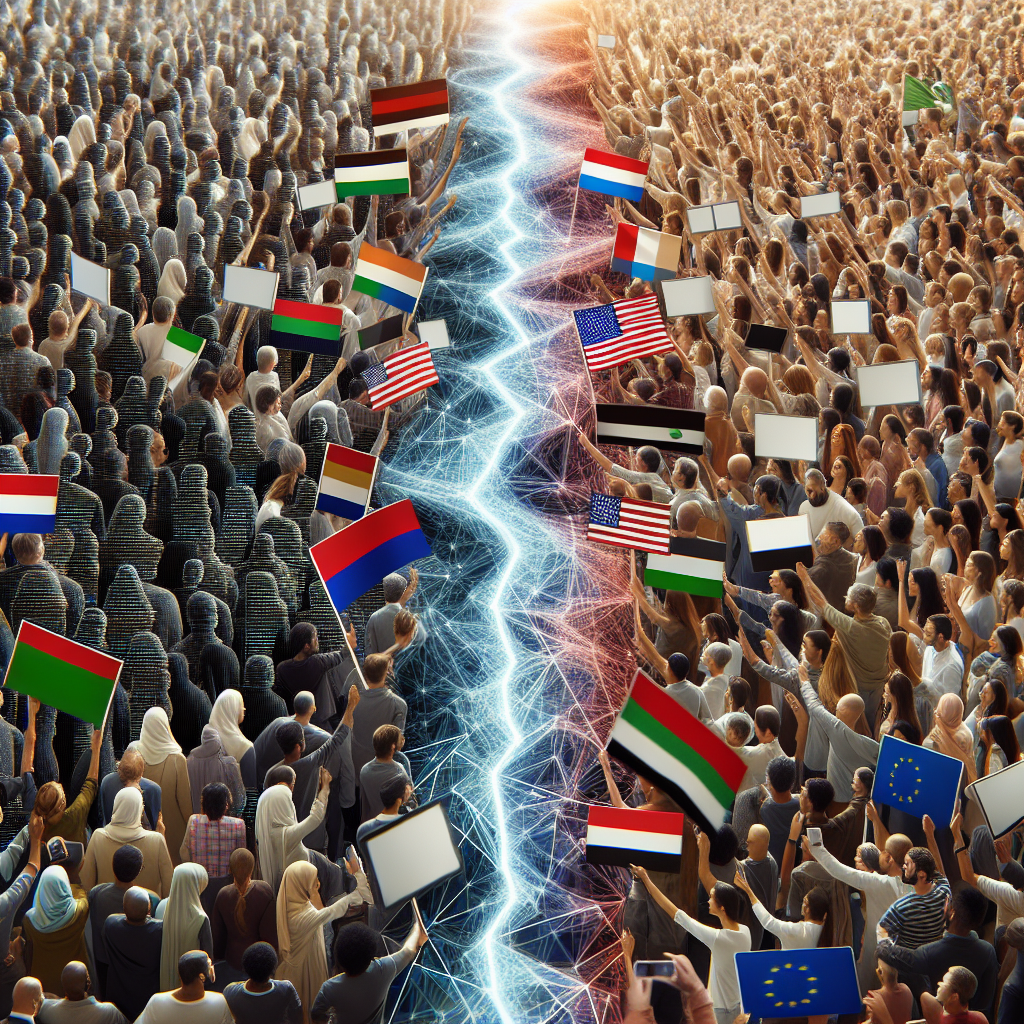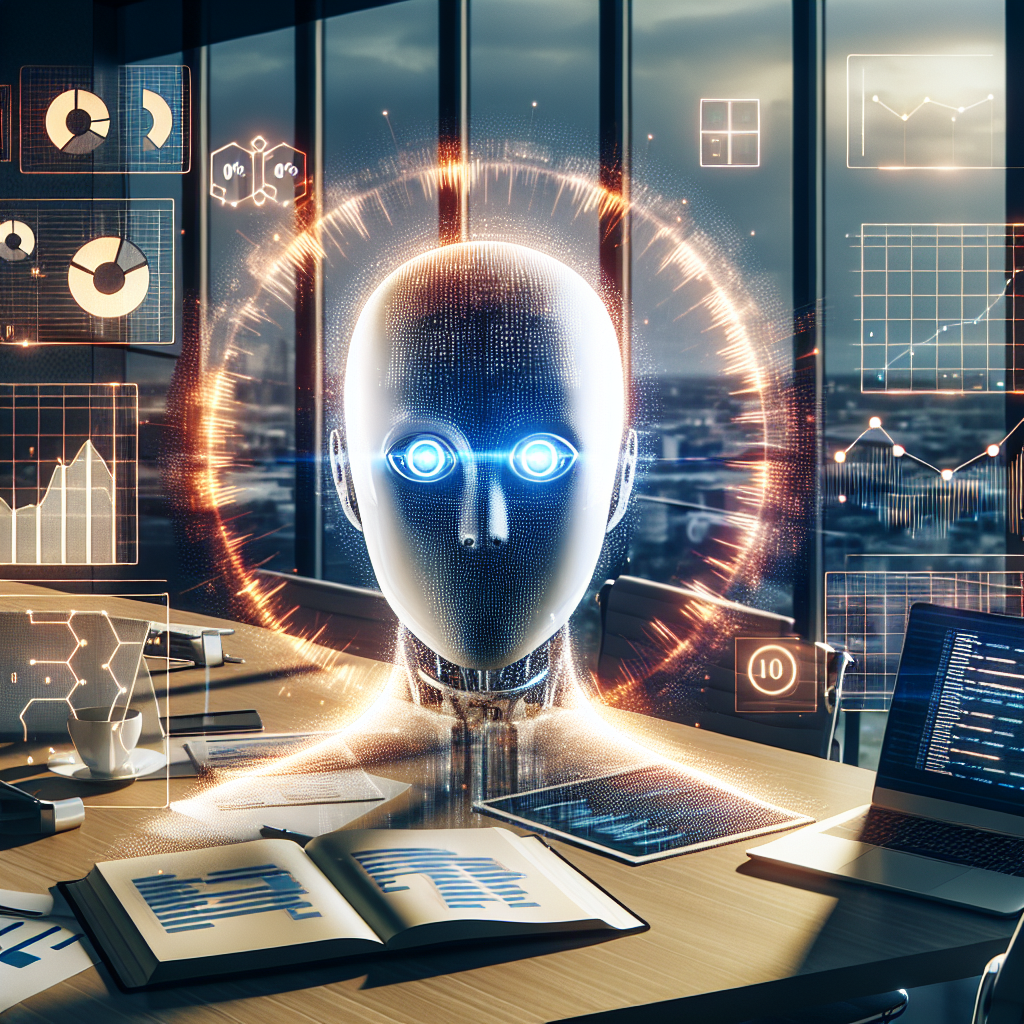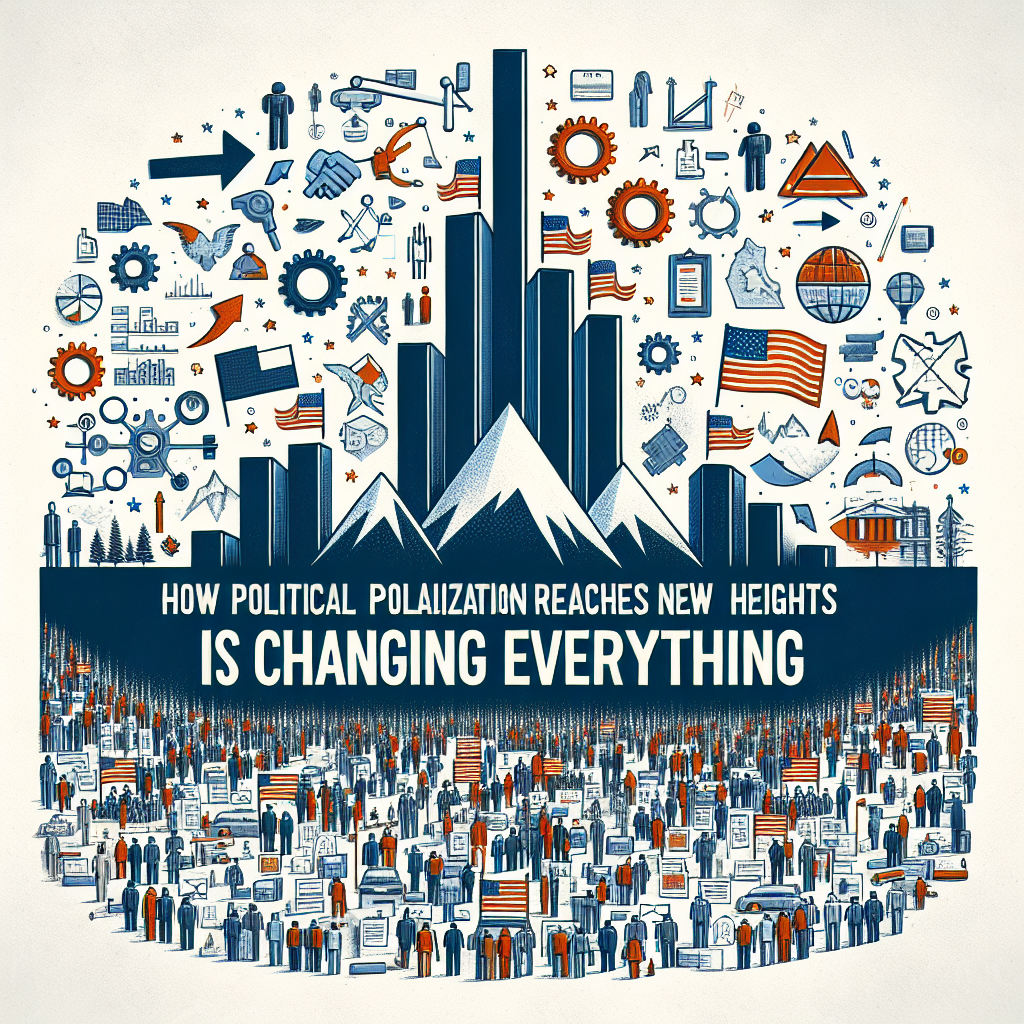In the heart of our city, a revolution quietly stirs. It’s not an uprising of protest or violence but one fueled by algorithms, social media platforms, and increasingly polarized ideological battles – it’s a digital revolution transforming everything we thought we knew about politics.
The generational divide over this shift seems insurmountable as seniors cling to traditional news outlets while younger citizens consume information through an ever-evolving array of online sources. Our local community finds itself caught amidst these seismic shifts that are reshaping global discourse.
Technology Overview
From data collection tools to algorithmic filters defining what we see online, technology has become integral to political conversation. These tools shape each person’s unique information sphere – their ‘filter bubble’ – consequently influencing political perspectives.

Current State of the Art
Social media platforms like Facebook and Twitter have transformed into public squares where diverse ideologies clash. Simultaneously, AI algorithms are employed cleverly by both sides vying for hearts and minds with targeted messaging campaigns.
Key Innovations
‘Deepfake’ technologies allow near-perfect replication of real-life individuals saying or doing things they never did leading to increased misinformation spread.’Microtargeting’ uses collected user data for personalized content delivery towards specific demographics creating echo chambers reinforcing existing beliefs.
Market Adoption
Sensing potential benefits from engaging more directly with constituents via social media platforms politicians across ideological divides have adopted these innovations keenly.
Technical Challenges
Algorithmic transparency is a key issue here. Without clear views into how these technologies work, the extent and influence of their effects on political polarization are hard to measure.
Industry Applications
The impact of this technological advance isn’t limited to politics; it’s changing public relations, advertising and even personal relationships.

Future Development
We can expect future advances in artificial intelligence and machine learning further shaping our digital landscapes. If left unchecked, they may exacerbate political polarization creating more challenges for social cohesion.
‘It’s crucial that we understand how these technologies are impacting us,’ says local tech ethicist Miranda Zhou. ‘The future health of our democracy could depend on it.’
Societal Impact
- Influencing voter behavior through targeted media campaigns.
- Polarizing communities and contributing to echo chambers where individuals only engage with like-minded peers reinforcing existing beliefs.
Ethical Considerations
Critics argue that unchecked use of these technologies threatens democratic values by promoting misinformation fostering extremism and curbing critical thinking abilities.
‘By targeting messages so specifically, people aren’t exposed to different perspectives,’ warns Professor Zhou. ‘This leads to polarized societies where dialogue breaks down.’
To counter this some advocate regulation requiring algorithmic transparency allowing users to understand why certain information appears in their feeds.
What To Watch?
Moving forward we should watch out for potential regulatory measures such as legislation against micro-targeting or laws enforcing algorithmic transparency while continuing to monitor societal changes brought about by technological advancements.


